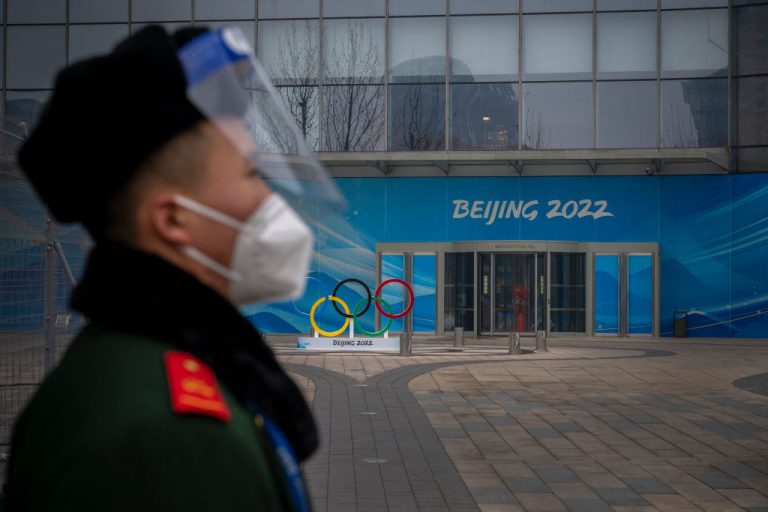One of China’s longest and most stringent lockdowns came to an end on Jan. 24 after authorities announced the lifting of most restrictions in the northwestern city of Xi’an.
The capital of Shaanxi Province, home to 13 million, saw its residents confined to their homes since Dec. 23 after the discovery of a COVID-19 cluster that grew to over 1,800 cases – China’s largest local outbreak since the pandemic began in Wuhan in early 2020.
In its drive to completely eradicate the pandemic from China, the Chinese Communist Party (CCP) has implemented a “Zero-COVID” policy wherever cases of the virus are detected, leading to violence and tragedy in many cases.
Residents in Xi’an took to social media to voice complaints about brutal or extreme treatment by local officials or hospital staff after being barricaded inside their homes for weeks with dwindling supplies of food and essentials. Some residents even reported loved ones dying after being denied medical attention due to the city’s strict COVID measures.
On New Year day, a woman eight months pregnant suffered a miscarriage outside Xi’an’s Gaoxin Hospital’s emergency room after being refused care until she had tested negative for the virus. The post reached over 6 million views before being deleted, eliciting much outrage across the country.
Another case that gripped the nation was that of a 29-year-old woman who froze to death in her car after being forced to wait for 16 days outside a security checkpoint of her residence in Xi’an. The deceased woman’s younger sister said in a Twitter post that staff refused to let her into her own home after she was let go from her job due to the state’s prolonged lockdown.
Beijing to test 2 million people ahead of Olympics
Success
You are now signed up for our newsletter
Success
Check your email to complete sign up
With the Winter Olympics just a week away, Chinese authorities have been scrambling to eradicate flare-ups in the major cities of Tianjin and Shenzhen. Most recently, Beijing has raised concerns after more than 40 cases were recorded since mid-January.
The far-reaching precautions, despite a relatively low number of cases, illustrate the acute concern of Chinese officials in the run-up to the Olympics — which are slated to begin in Beijing and nearby Hebei Province on Feb. 4.
More than 3,000 people have arrived for the upcoming Games since Jan. 4, including over 300 athletes and team officials, plus media and other participants, the International Olympic Committee (IOC) announced on Monday. So far, 78 people have tested positive, including one who was an athlete or team official, a spokesperson confirmed.
Those testing positive for the virus were sent to an isolation center or a hospital, depending on the severity of their symptoms. Thousands of athletes, media workers and foreign dignitaries scheduled to arrive for the Olympics will also be required to “operate in a closed-loop bubble” strictly cut off from the outside world.
Officials in Beijing began testing over 2 million residents in the populated Fengtai district — where the majority of the capital’s 40 cases originated from. In addition, authorities have announced that anyone who buys or has bought fever or cough suppressing medicines in the past two weeks will have to take a COVID-19 test within 72 hours and report their results immediately.
“The current epidemic prevention situation is still grim and complicated, and all departments across the city must act proactively and swiftly,” Beijing city spokesperson Xu Hejian said during a press briefing on Jan. 25.
Xu added that “the overall situation is controllable,” repeating a slogan used frequently by the CCP authorities since the pandemic began.
Observers in Beijing, however, say the real situation appears to be different. An independent journalist tweeted on Jan. 22 that the Chinese military had taken over the Chongli district of Zhangjiakou — the main venue for the Winter Olympics’ snow events, and had reportedly started patrolling, performing duties and handling emergencies there.
The video shows many military vehicles driving on the road and the Beijing Olympics theme song can be heard playing in the background.
READ MORE:














